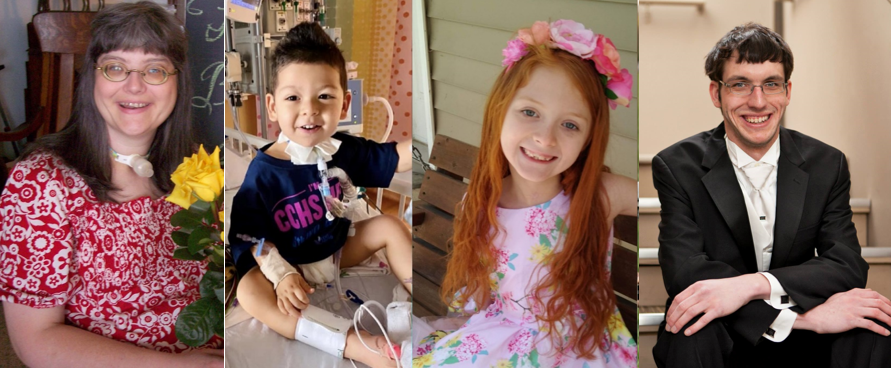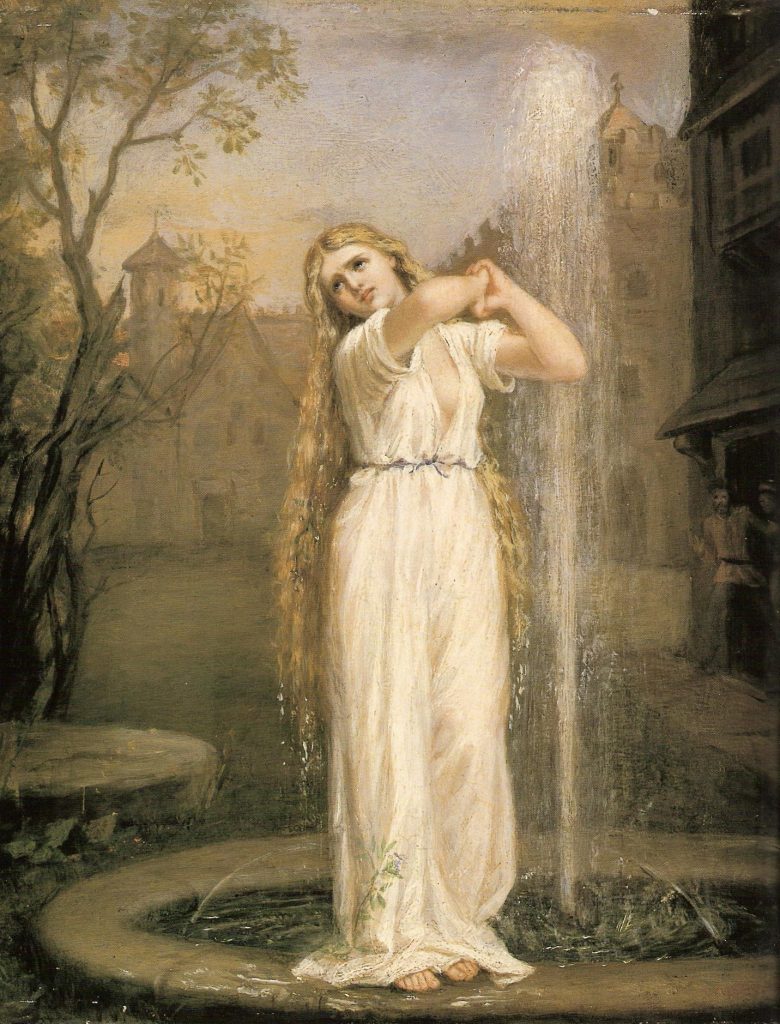What is CCHS?
CCHS stands for Congenital Central Hypoventilation Syndrome.
Congenital means that you are born with the condition. Central hypoventilation means that an individual under-breathes due to an issue originating in the brainstem. Syndrome means a condition with symptoms that consistently occur together.

As of 2022, the CCHS Network estimates that there are 1500-2000 cases worldwide. The true prevalence of CCHS is genuinely unknown due to its rarity, poor recognition, limitations in international reporting, and a lack of large multicultural studies.
CCHS affects the autonomic nervous system which controls many self-regulating functions of the body. This includes heart rate, blood pressure, sensing of oxygen and carbon dioxide levels, temperature control, bowel and bladder habits, and more. These issues result from a defect in brain signaling to the rest of the body. The lungs, airway and heart are all structurally normal. Symptoms typically present at birth although very mild cases may not be detected for weeks, months or even years. This is sometimes referred to as Late-Onset CCHS and diagnosis may follow a triggering event, such as illness or exposure to anesthesia.
CCHS was first described as Ondine’s Curse in 1962.
This name comes from a German legend in which a nymph places a curse on her unfaithful mortal husband who subsequently stops breathing in his sleep. In recent years, this term has been largely abandoned by the CCHS and medical communities.
CCHS diagnosis and treatments made significant strides over the past six decades. Better detection, home ventilator advancements, and progressive therapies now allow many CCHS patients to live relatively normal, fulfilling lives.
*Please refer to NORD and NIH websites for more information about CCHS. Another good resource on CCHS is the EUCHS Booklet. (scroll down page and choose the preferred language)


Subscribe to the CCHS Network Newsletter for Updates
© ALL RIGHTS RESERVED. CCHS Network.
WEB DESIGN MADE WITH 